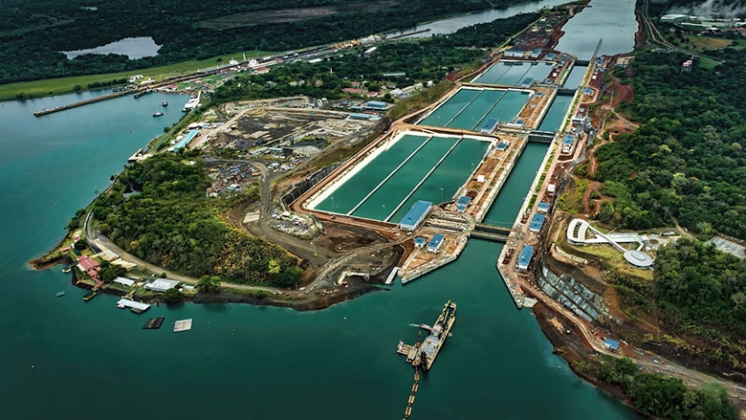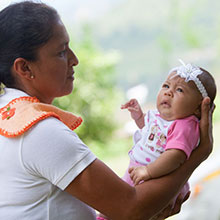Panama is recognized for its rich diversity and variety of ecosystems, including tropical rainforests, cloud forests, and numerous islands in both the Atlantic and Pacific Oceans. The country is also known for its sustained economic growth and its role as an international logistics hub. However, these advantages coexist with deep social and territorial inequalities.
Although there has been progress in reducing poverty, inequality persists—particularly between urban and rural areas, and between the Indigenous population and the rest of the country. A large share of employment is concentrated in low-productivity, highly informal sectors, which limit social mobility and access to social protection.
Access to quality public services-such as education, health, water, and sanitation- remains unequal, affecting rural, Indigenous, and Afro-descendant communities. Women, especially Indigenous women, face greater barriers to accessing education, employment, and basic services, perpetuating gender gaps and limiting the development of their potential.
Panama faces significant environmental challenges: environmental pressures and natural disasters threaten key sectors such as the Canal, energy, tourism, and agriculture, with the greatest impact on vulnerable communities. Sustainable management of natural resources and adaptation to climate change are essential for the country’s future.
One year into the José Raúl Mulino government, fiscal pressures, uncertainty due to the mine closure, and drought risks that could affect Canal revenues present notable challenges. To overcome these, it is essential to strengthen institutions, improve public management, invest in human capital, and promote inclusive and resilient growth. In this way, Panama can move toward more equitable and sustainable development.
Last Updated: Oct 06, 2025


